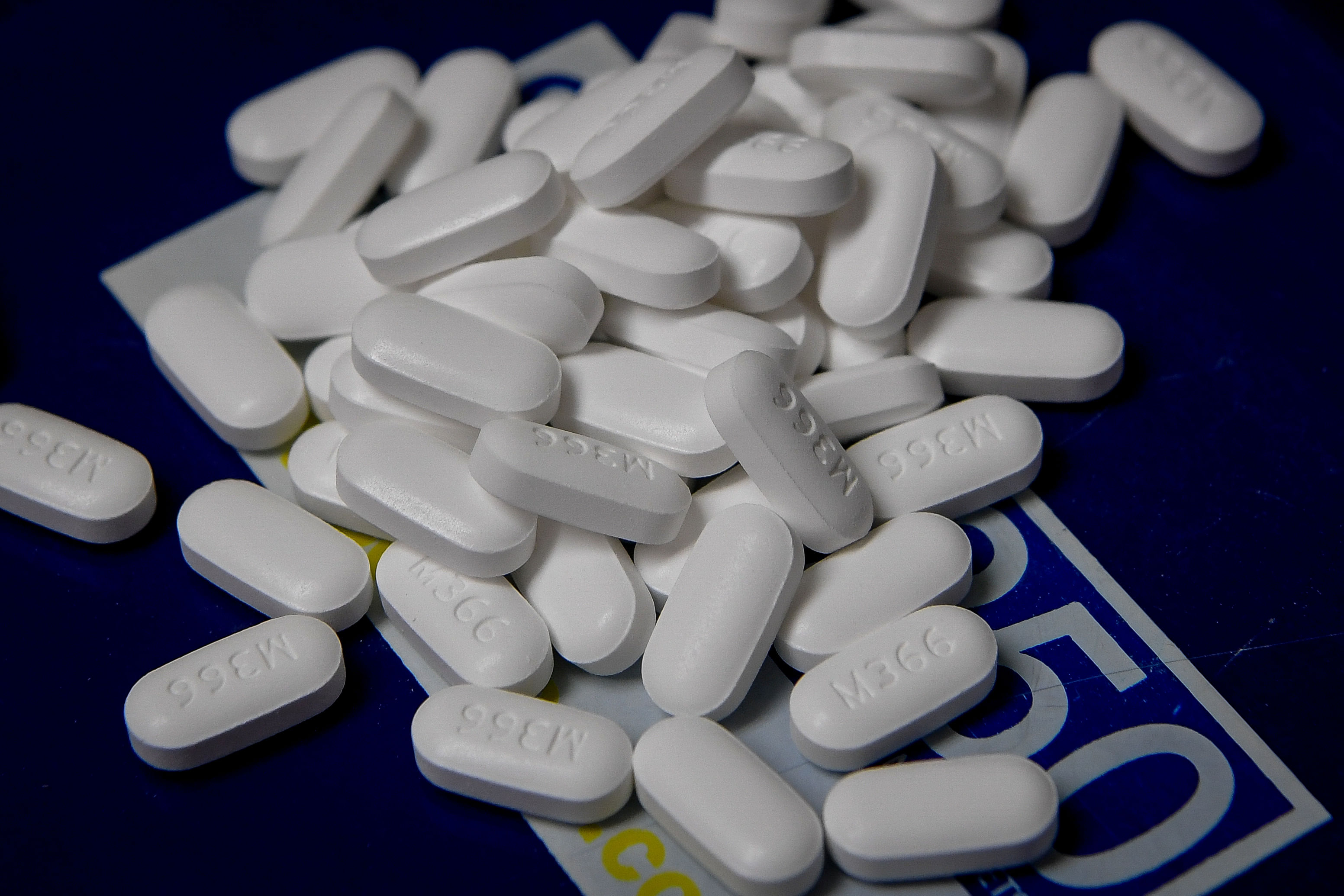
Global consulting firm McKinsey will pay $573 million to US states to settle claims it contributed to the country's deadly opioid crisis through its advice to pharmaceutical giants, including OxyContin manufacturer Purdue Pharma.
The settlement is rare in the history of the massive firm that advertises its ability to solve problems worldwide, but has found itself accused of having a hand in creating a massive public health crisis in the United States.
Under the terms of the settlement announced Thursday, McKinsey will not admit fault, and the agreement protects the company from future civil claims from the states involved.
However, the company will have to halt consulting work on some narcotics, implement a new ethics code and release documents related to their work with Purdue while ensuring none are destroyed, said New York Attorney General Letitia James, who announced the settlement.
"Under the terms of today's agreement, the company will finally end its illegal conduct, deliver more than half a billion dollars into communities across the nation and will never be able to help perpetrate this type of fraud and deception again," James said.
New York was among the group of 47 states, five territories and the District of Columbia that sued the firm over its work with Purdue Pharma, which last year pleaded guilty to criminal charges over the production and sale of prescription opioid OxyContin.
McKinsey announced it had fired two of its partners who discussed destroying documents amid the probe.
"We deeply regret that we did not adequately acknowledge the tragic consequences of the epidemic unfolding in our communities," McKinsey global managing partner Kevin Sneader said. "With this agreement, we hope to be part of the solution to the opioid crisis in the US."
McKinsey advised Purdue on how to "turbocharge the sales engine" of the drug by up to $400 million per-year, according to a Massachusetts lawsuit, by emphasizing that the opioid could reduce stress and make users more optimistic.
The New York Times reported that McKinsey consultants also worked with Perdue Pharma to counter "the emotional messages from mothers with teenagers that overdosed" on OxyContin.
Almost half a million Americans died in overdoses from both prescription and illegal opioids between 1999 and 2018, according to the Centers for Disease Control and Prevention.
Authorities have said that the opioid crisis has driven the first significant reduction in US life expectancy since the 1990s as a result of the AIDS epidemic.
"McKinsey's cynical and calculated marketing tactics helped fuel the opioid crisis by helping Purdue Pharma target those doctors they knew would overprescribe opioids," James said.
Proceeds from the settlement, which the Times reported exceeds any profits the firm made from its work with pharmaceutical giants, will go towards opioid addiction prevention and recovery programs, James said.
In a nod to similar provisions in agreements with tobacco companies over the harm their products caused, the settlement also mandates that McKinsey set up a database accessible to the general public that includes most of the internal documents related to its work on the drugs.
The settlement is a bitter setback for McKinsey, which had managed to emerge unscathed even when its clients have fallen into scandal or bankruptcy.
It had previously advised energy broker Enron, which famously collapsed, and former airline Swissair.
After confining its activities strictly to consulting, McKinsey in recent years branched in to helping companies implement its recommendations -- but that leaves it exposed when things go wrong.
The company's agreement comes months after Purdue Pharma reached an $8.3 billion settlement with the US Justice Department over its aggressive promotion of OxyContin, which will see the company reorganized.
The wealthy Sackler Family, which owned the firm, will have to separately pay $225 million in damages to settle civil litigation from the government.